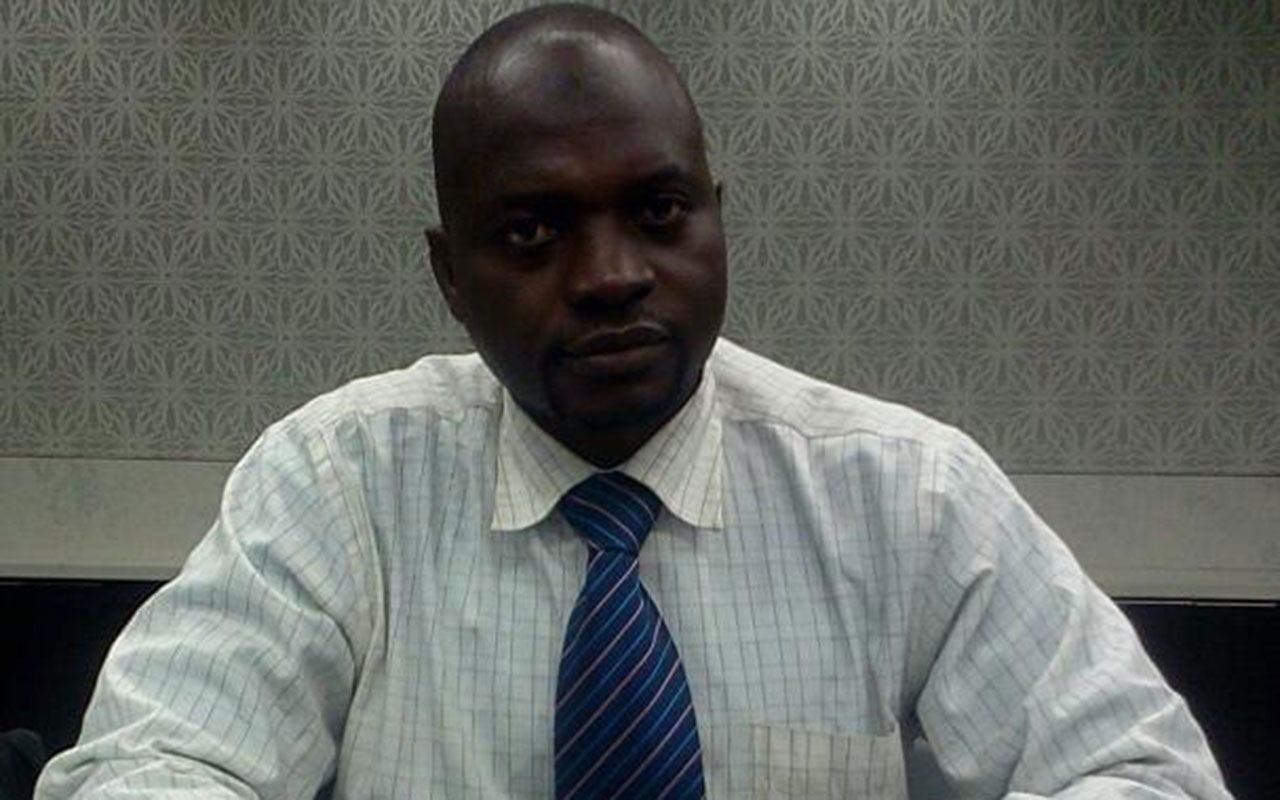
Investigative reporting encourages socio-economic and political reforms within the context of the fight against crimes and corrupt practices, believed to be responsible for Nigeria’s underdevelopment.
Weekend Editor of The Guardian, Dr. Kabir Alabi Garba, made the submission at a one-day media training, organised by Human and Environmental Development Agenda (HEDA Resource Centre) in collaboration with Journalists for Democratic Rights (JODER), with the theme, ‘Training on Ethical and Professionalism in the Coverage of Corruption for Nigerian Journalists, Online Media and Bloggers’.
Supported by the MacArthur Foundation, the workshop retooled practitioners on graft reporting in the country.
In his presentation titled, ‘The media as a tool for transparency in governance: Sustainable tools for investigative reporting’, Garba said beyond the core roles of educating and entertaining citizens, media operatives are deploying investigative journalism as an exemplary organ for informing the citizens about controversial issues, coordinating information flow between government and the public, shaping societal norms and values, resolution of social problems, as well as promoting national integration and upward mobility.
His words: “Often, media professionals, especially journalists, deploy their communication channels not only to serve a societal interest in transparency, but also as watchdogs, scrutinising the formulation of public policy and highlighting blocks to development such as corruption, human rights abuses or inefficient governance.
“Interestingly, the immense contribution of the media to the success of the struggle for independence in Nigeria, the heroic role media also played in bringing to an end military dictatorship in the country and the unending quest, since the return to democracy in 1999, to make the country’s government accountable to the Nigerian people justify the important role the media play in any nation’s development process and delivery of good governance.”
Significantly, he added that the Freedom of Information (FOI) Act assists investigative journalists to draw support from available constitutional laws and legislative Acts, especially in the area of accessing records and relevant documents for a thorough field research and seeking orders from the law courts, through formal applications for disclosures of withheld information by individuals, groups or institutions that are of public interest.
Earlier, HEDA Executive Secretary, Sulaimon Arigbabu, in his opening remarks, urged the media to constantly expose corruption.
He highlighted the dire consequences of the menace on the masses, appealing to the Fourth Estate of the Realm to actively follow up on graft cases.
The HEDA boss also stressed the importance of collaboration among relevant stakeholders, particularly anti-graft agencies, for an effective crusade.
Also speaking, JODER Executive Director, Wale Adeoye, harped on the need for the media to broaden focus on corruption reporting.
He implored practitioners to extend their tentacles beyond the political class to the corporate world, private businesses and civil service.
Adeoye, therefore, called for a collaborative effort within the press to establish in-house training programmes for journalists.
A lecturer in the School of Communication, Lagos State University (LASU), Dr. Tunde Akanni, encouraged journalists to approach their profession with optimism, advising them not to exaggerate the challenges they face.
He urged operators to focus on the positive aspects of journalism, and strive to make the best contributions to the field.
The don underscored fact checking in the anti-graft fight.






